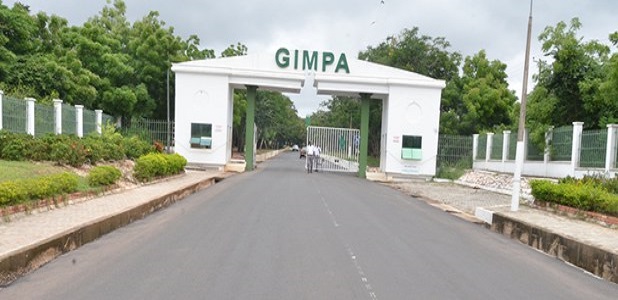
The African Continental Free Trade Area (AfCFTA) Agreement was negotiated by the African Union (AU) and signed by 44 of the 55 Member States of the AU on 21st March 2018 in Kigali, Rwanda. The aim of this Agreement is to accelerate intra-African trade and boost Africa’s trading position in the global market by strengthening Africa’s common voice and policy space in global trade negotiations.
On Wednesday, 27th May 2020, Dr Alex Ansong, Senior Lecturer and Head of Public Law Department at the GIMPA Faculty of Law, delivered via Zoom, the fourth edition of the GIMPA Law and Ethics Web series on the theme: International Trade and Investment Relations after the Pandemic: Africa Rising? This session was moderated by Professor Richard Frimpong Oppong, Associate Professor, Faculty of Law, Thompson Rivers University, Canada. The presentation, essentially, made several observations and recommendations as far as the implementation of the AfCFTA after the novel Coronavirus, Covid-19 pandemic is concerned.
Currently the AfCFTA has 54 signatory States, including 28 States that have ratified it, thus paving the way for its entering into force. The AfCFTA has the potential to become the biggest free trade agreement outside the World Trade Organization (WTO), in terms of number of country participants and geographical coverage, once it is ratified by all the 54 signatory States. The outbreak of COVID-19 has however impacted International Trade and Investment flows.
Countries around the world have not been spared the economic ramifications of this virus, more so African countries who rely externally on trade, rather than trading internally on the continent. COVID-19 has seemingly forestalled plans to roll out the implementation stage of AfCFTA in July 2020.
This Policy Paper suggests that the need for the economic integration of Africa post COVID-19 is now more pronounced than ever. The AfCFTA is the key to achieve this, and further to realize the hope of ‘Africa Rising.
Click on the link below to read



